-

Lysozyme CAS:12650-88-3
Lysozyme is a natural enzyme with antimicrobial properties that is utilized in various industries, including food and beverage, pharmaceuticals, and animal agriculture. This enzyme is known for its ability to degrade the cell walls of certain bacteria, contributing to its use as a preservative and antimicrobial agent. In animal agriculture, lysozyme is added to feed formulations to support gut health and overall immune function in livestock and poultry. With its natural and targeted approach to controlling harmful bacteria, lysozyme is an important tool for promoting animal health and productivity.
-
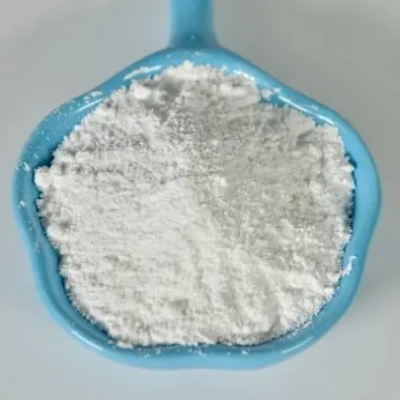
Xylanase CAS:37278-89-0
Xylanase is a key enzyme used in various industries, including food processing, animal nutrition, and biofuel production. This enzyme plays a crucial role in breaking down xylan, a major component of plant cell walls, into simpler forms such as xylose. In animal agriculture, xylanase is included in feed formulations to improve the digestibility of fibrous feed ingredients like wheat, barley, and corn, thereby enhancing nutrient availability for livestock and poultry. By promoting efficient fiber digestion, xylanase serves as an essential component in animal nutrition and feed manufacturing.
-
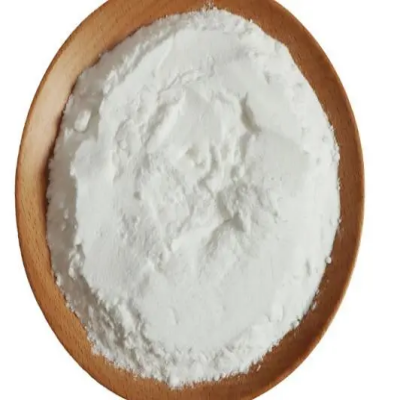
Amylase CAS:9013-1-8
Amylase is a vital enzyme used in various industries, including food processing, brewing, textiles, and animal nutrition. This enzyme plays a crucial role in breaking down complex carbohydrates into simpler sugars, facilitating their absorption and utilization. In animal agriculture, amylase is included in feed formulations to improve the digestibility of starch-based ingredients, enhancing nutrient availability for livestock and poultry. By promoting efficient carbohydrate digestion, amylase contributes to improved feed efficiency and overall animal performance, making it an essential component in animal nutrition and feed manufacturing.
-

2-bromo-4′-chloro-2′-(o-fluorobenzoyl)acetanilide CAS:1584-62-9
2-bromo-4′-chloro-2′-(o-fluorobenzoyl)acetanilide is a chemical compound with applications in organic synthesis and pharmaceutical research. Its unique structure and functional groups make it valuable for the development of novel molecules and medicinal chemistry investigations.
-
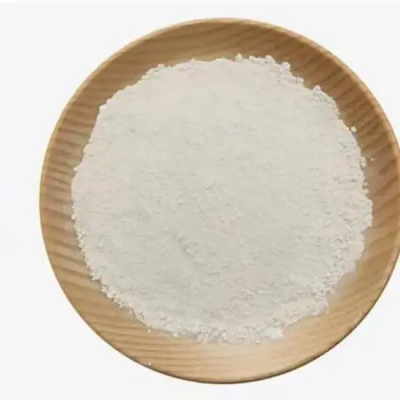
EDDHA-Fe 6% CAS:16455-61-1
Ethylene diamine-N,N’-bis (2-hydroxyphenylacetic acid) iron (EDDHA-Fe 6%) is a chelated iron fertilizer designed to address iron deficiency in plants, particularly in calcareous and alkaline soils. With its high stability and solubility, EDDHA-Fe 6% serves as an effective source of iron for crops, supporting chlorophyll synthesis, photosynthesis, and overall plant vitality.
-
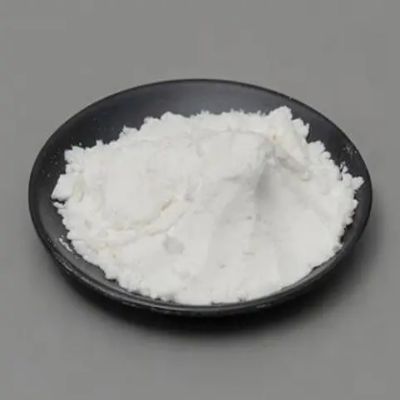
Potassium Humate CAS:68514-28-3
Potassium humate is a natural compound derived from leonardite, a type of lignite coal, through alkaline extraction and subsequent processing. It is rich in humic substances, including fulvic acid, humic acid, and other organic compounds. With its high content of potassium and organic matter, potassium humate serves as a valuable soil conditioner and plant growth stimulant in agriculture and horticulture.
-
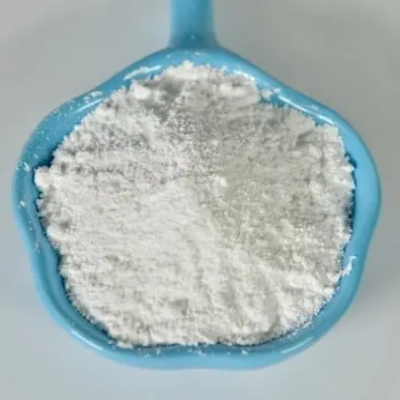
Tiamulin 98% CAS:125-65-5
Tiamulin 98% is a potent veterinary antibiotic belonging to the pleuromutilin class. With a high purity level of 98%, this product demonstrates strong efficacy against a variety of gram-positive and certain gram-negative bacteria. It is commonly used in veterinary medicine for its broad-spectrum antimicrobial activity, making it a valuable tool in the prevention and treatment of respiratory diseases and swine dysentery. Tiamulin 98% is trusted by farmers and veterinarians due to its reliability in combating bacterial infections in livestock, particularly pigs and poultry, contributing to overall animal health and welfare.
-
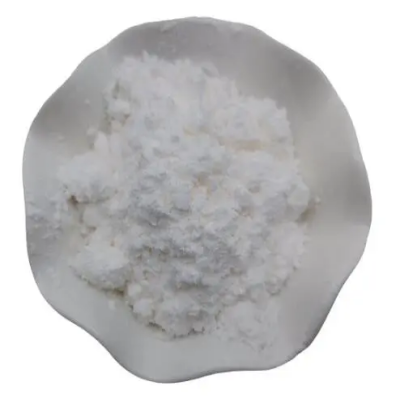
Tylosin Phosphate CAS:1405-53-4
Tylosin phosphate is a feed additive with high purity and effectiveness, widely utilized in veterinary medicine and animal husbandry. As a macrolide antibiotic, it exhibits broad-spectrum activity against gram-positive bacteria, making it valuable for preventing and treating various bacterial infections in livestock and poultry. With its dependable antibacterial properties and purity, Tylosin phosphate is a trusted solution for promoting animal health and enhancing growth in the agricultural industry.
-

Tylosin tartrate 99% CAS:1405-54-5
Tylosin tartrate 99% is a broad-spectrum antibiotic and feed additive used in veterinary medicine. It belongs to the macrolide class of antibiotics and is effective against a wide range of gram-positive and a limited number of gram-negative bacteria. As a high-purity product, it is widely utilized in the livestock and poultry industries to promote animal health and growth. With its excellent antibacterial properties and high quality, Tylosin tartrate 99% is a trusted choice for preventing and treating bacterial infections in animals.
-
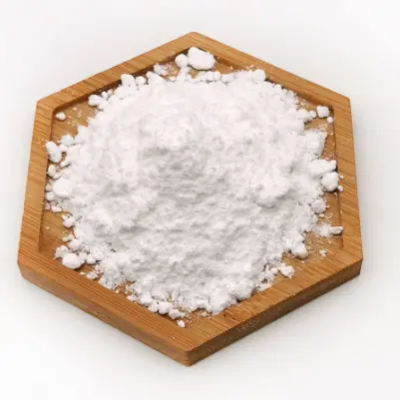
Ivermectin CAS:70288-86-7
Ivermectin is a widely used antiparasitic medication in veterinary medicine, renowned for its efficacy in controlling and treating various internal and external parasite infestations in livestock and companion animals. Belonging to the macrocyclic lactone class of compounds, Ivermectin effectively targets parasites such as nematodes, mites, and insects. This high-quality medication provides a reliable solution for managing parasitic infections, promoting animal health and well-being.
-
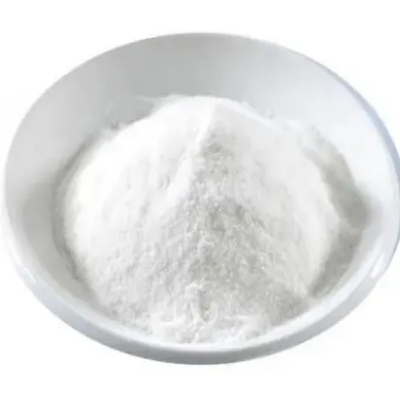
Spinosad CAS:131929-60-7
Spinosad is a natural insecticide derived from the fermentation of a soil actinomycete bacterium, Saccharopolyspora spinosa. It is widely used in organic farming and integrated pest management systems due to its efficacy and environmentally friendly profile. As an effective pesticide, Spinosad targets a broad spectrum of insect pests while being relatively harmless to many beneficial insects, making it a valuable tool for controlling pests in agriculture. Its proven performance and low impact on non-target organisms have made Spinosad a popular choice for sustainable pest control solutions.
-
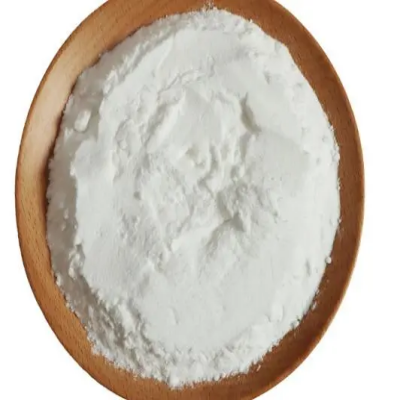
Oxytetracycline HCL CAS:2058-46-0
Oxytetracycline hydrochloride (HCL) is a broad-spectrum antibiotic widely used in veterinary medicine for the treatment of bacterial infections in animals. It belongs to the tetracycline class of antibiotics and exhibits efficacy against both gram-positive and gram-negative bacteria. This high-quality medication provides reliable support for managing microbial infections, contributing to animal health and welfare.

